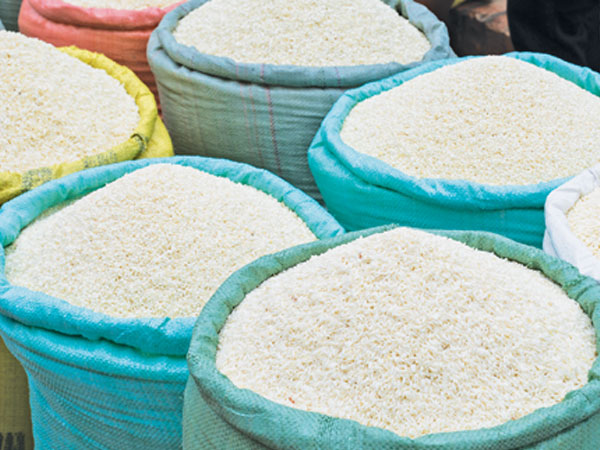 TANZANIAN rice traders have been strongly warned to stop applying oil to rice as a trick to make it look cleaner and more appealing, as health experts warn the method poses serious risks to consumers
TANZANIAN rice traders have been strongly warned to stop applying oil to rice as a trick to make it look cleaner and more appealing, as health experts warn the method poses serious risks to consumers
Instead of using oil, traders are encouraged to seek better rice varieties and adopt safe, approved methods such as proper drying, accurate sorting, and other appropriate techniques that maintain the quality of rice without endangering consumer health.
The warning comes from Mr. Geofrey Rwiza, Executive Director of the Tanzania Rice Council, who spoke during a press briefing held in Dar es Salaam this week.
According to Mr. Rwiza, oiling rice has become a widespread but dangerous trend among some traders hoping to increase sales by making their rice appear shinier and fresher on store shelves. But beneath the glossy surface lies a serious health hazard.
“While oiling may improve the visual appeal of rice, it misleads consumers and exposes them to harmful health effects,” Mr. Rwiza said. “Oiled rice is more likely to attract dust, bacteria, and other contaminants, especially during transport and storage.”
He warned that consuming rice treated with oil can increase the risk of stomach infections, food poisoning, and long-term issues like liver damage. Even more alarming, some traders are reported to be using industrial-grade oils, which are not meant for human consumption and may contain toxic chemicals.
Rice is a daily staple for millions of Tanzanians. As such, any unsafe handling or processing practice can have far-reaching consequences, particularly in rural areas where food inspection and regulation are limited.
In response to the growing concern, He said the council works in collaboration with the Tanzania Food and Drugs Authority (TFDA) to prevent such incidents done by the traders.
Mr. Rwiza also called on the public to be vigilant, advising consumers to report any rice that appears unusually shiny or has an unnatural odor.
“This is a fight we must face together. Traders must act responsibly, but consumers also have a part to play in protecting public health,” he urged.
The Tanzania Rice Council has pledged to intensify its public awareness campaigns and continue supporting policies that uphold food safety, transparency, and accountability across the agricultural sector.
“We must prioritize the health of our people over the appearance of our products,” Mr. Rwiza concluded. “The future of our rice industry depends on it.”














© Copyright 2025 The SSResource Media.
All rights reserved.